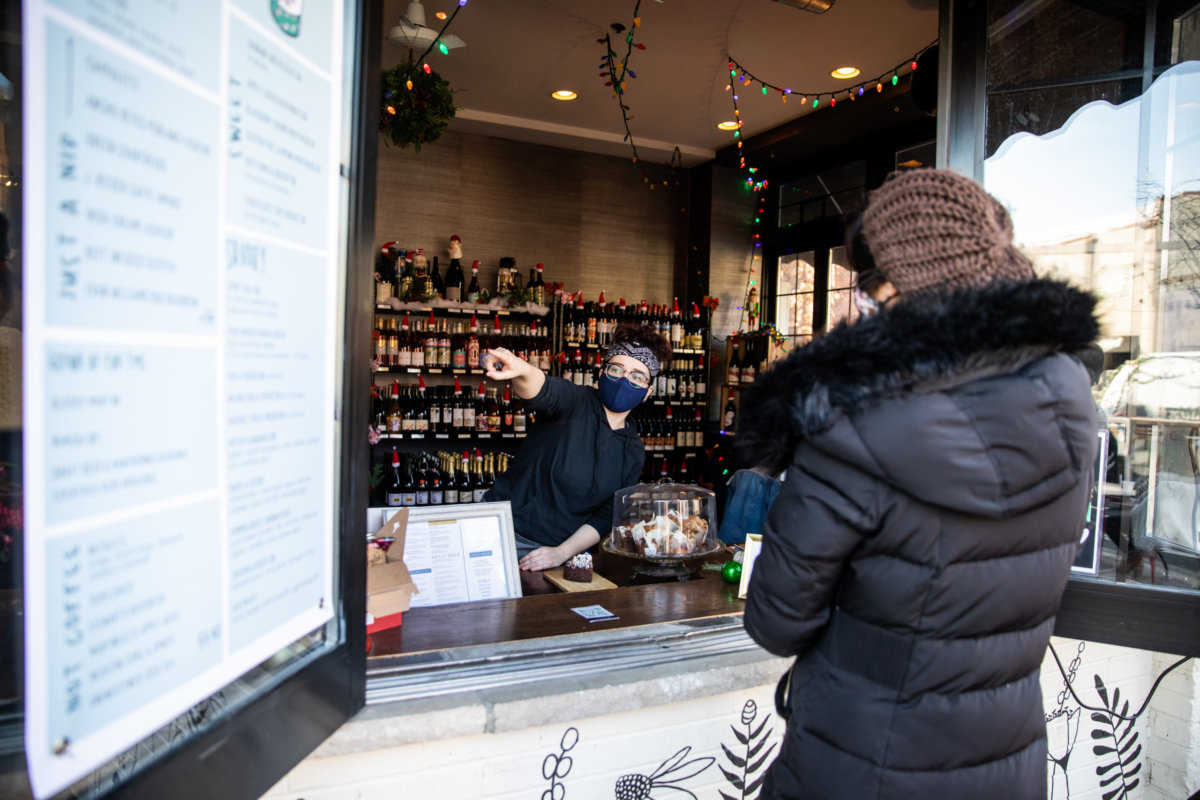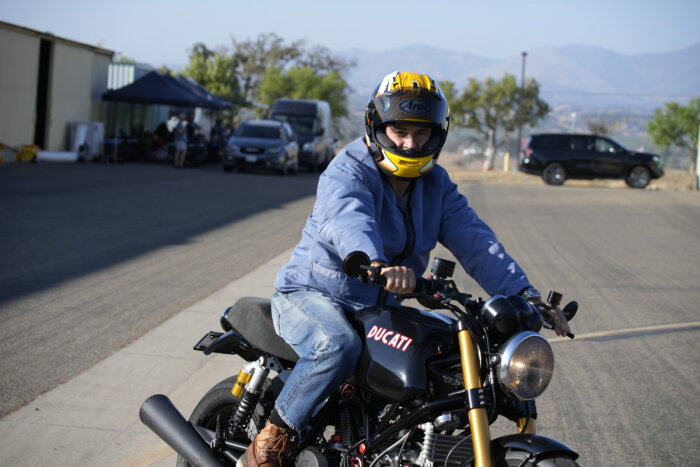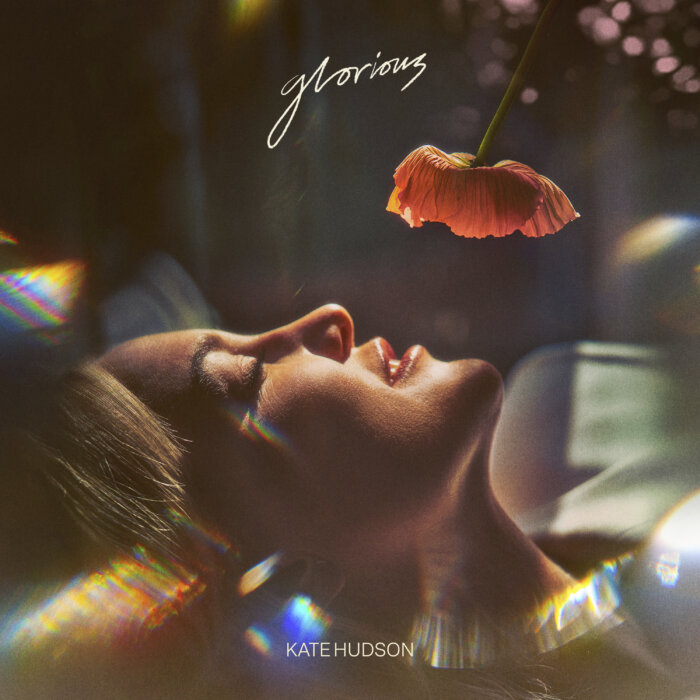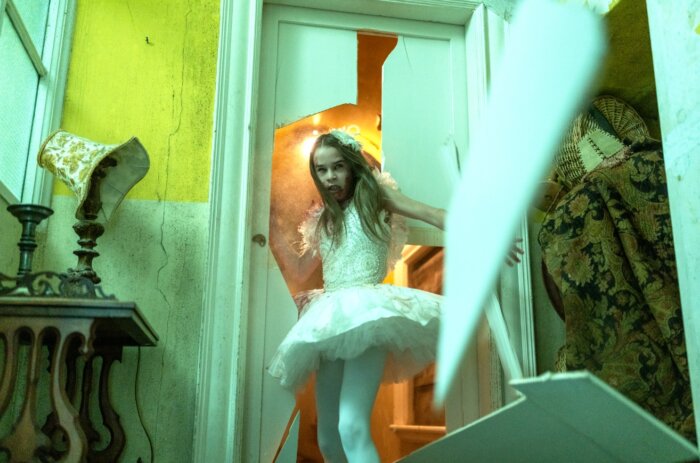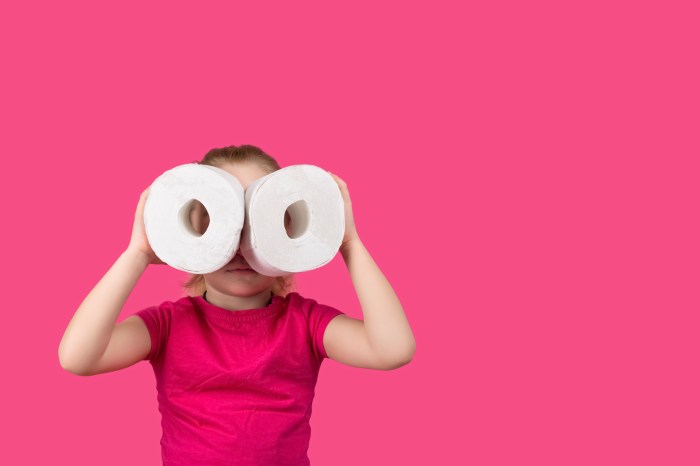It’s hard to imagine that at this time last year, the first case of coronavirus was documented in Philadelphia. No one could have predicted what would follow after, but taking a look back could be beneficial to see just how far we’ve come in the City of Brotherly Love.
When the first case did hit and shutdowns began happening past the two-week mark, it became apparent that pivots had to be made, no matter what industry you were in.
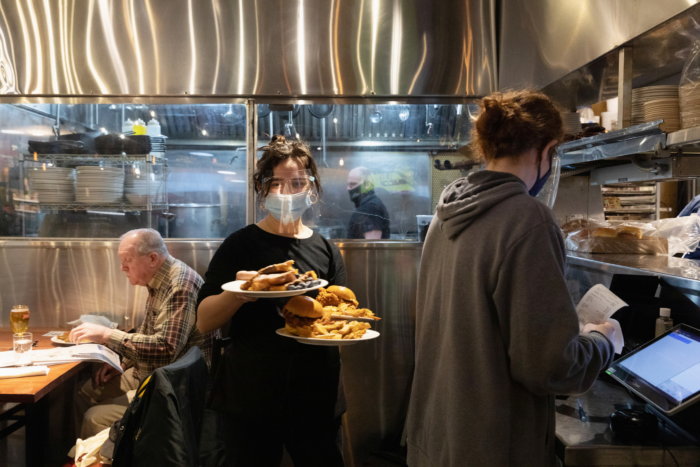
Bars and restaurants were especially hit hard, but there were a few distilleries that figured out the best way to forge forward would be to make hand sanitizer. Jacquin’s and Faber Liquors joined forces with the spirit savants at Quaker City Mercantile and Art in the Age to produce 120,000 bottles of Faber Hand Sanitizer daily in the beginning of the pandemic. The sanitizer was packaged in Faber’s traditional spirits bottles and was distributed in bulk to area hospitals, police departments, fire departments, various National mail carriers and more as well as to the public exclusively through Philadelphia retailer, Art in the Age.
Bluebird Distilling also threw its hat into the hand sanitizer ring. Before offering their product to the public, they offered it to those risking their lives every day on the front lines in hospitals by offering sanitizer in bulk. Tamworth Distilling also helped by offering 95% of their production to the Tamworth Community Nurse Association and offering their sanitizer to the public through Art in the Age’s website as well. Local establishment Boardroom Spirits also began supplying hand sanitizer to the public for free during quarantine, but then even were able to switch to selling in bulk after being able to secure more materials and scale up their production. Boardroom ultimately was able to package sanitizer in variations of 5-gallon pails, 55-gallon drums or 270-gallon totes.
Other brands also saw the need, but for PPE. Fashion brands such as D’iyanu and Simitri then shifted their offerings to use their fashionista skills and offer masks that were not only effective but also stylish.
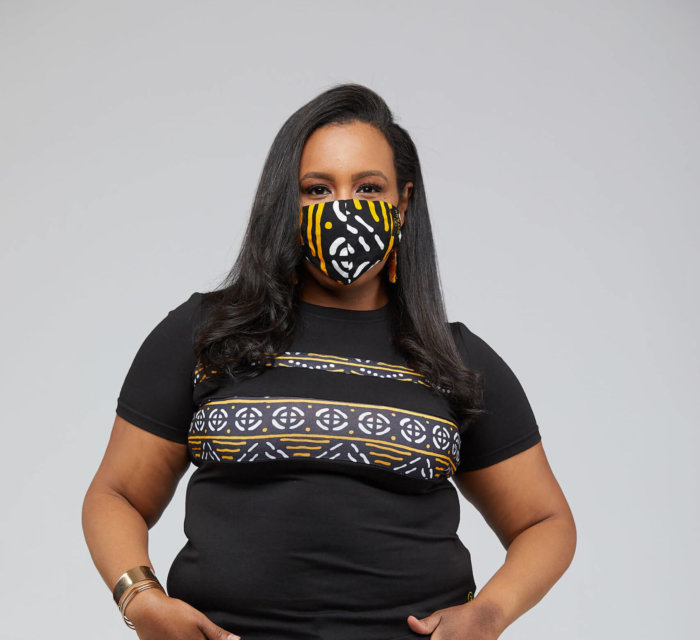
Arts organizations also had their own set of problems, especially theaters. But the venues did what they did best and got creative to find a solution for the problem.
The Wilma Theatre for example announced a ground-breaking new project in the summer of 2020 that would help audiences stay socially distanced with their “Wilma Globe.” How the globe design works is simple. The theater will be set up arena-style surrounded by two levels of audiences-boxes. What’s a bit different about this particular type of model is the fact that audience members will be separated from one another by wooden dividers, but open to the stage. The design is also adaptable as well, depending on the specific production and what it needs, it can be reconfigured into a semi-circle, horseshoe and more.
Obviously, online showcases also became a normal occurrence for the Wilma and many other theaters as well. The Arden, Quintessence, People’s Light and Theatre Exile are just a few of Philly’s arts organizations that figured out a way to offer some of their classic shows and even new works throughout the pandemic.
First Person Arts took the isolation one step further by offering their “Covid Stories,” which followed First Person Art’s enveloping creative model and offered everyone a chance to tell their story while self-isolating, while The Phoenix Theatre threw William Shakespeare a party virtually. Events such as those helped keep people’s spirits up and offered an outlet for artists to create as well.
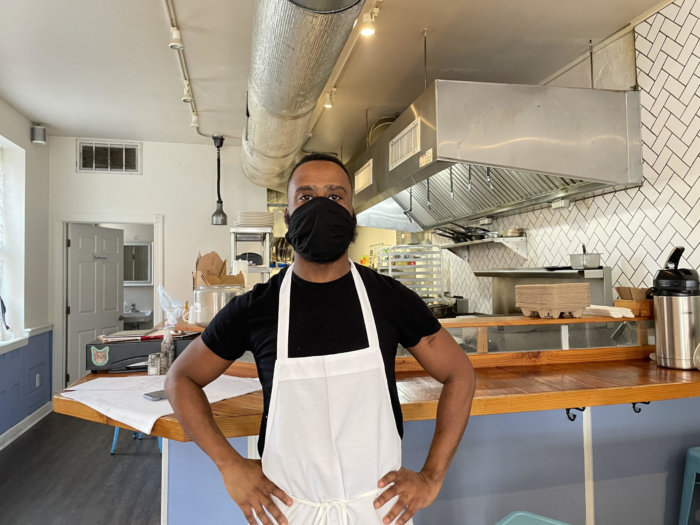
Other major Philly events also had to use their time to figure out how the show would go on despite no larger in-person events.
Wawa Welcome America for one figured out how to take their typical massive event and make it COVID-friendly. The 2020 festival was entirely free and virtual and still offered a lineup of concerts, online educational activities, behind-the-scenes experiences, cooking demonstrations, at-home crafts, virtual museum tours and more. The festival’s family-friendly programming also focused on arts, culture, education, wellness, history and performance. Viewers had a front-row seat from the comfort of home as Wawa Welcome America hosted star-studded performances and exclusive virtual experiences as well.
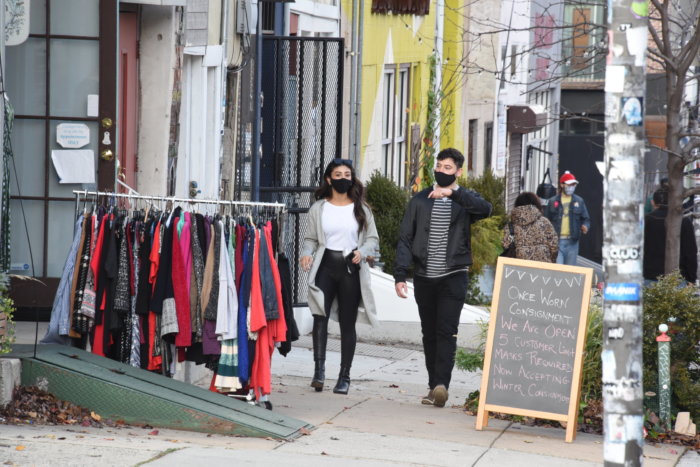
On the bar and restaurant side, innovation was regularly served up on the menu with venues such as Iron Hill Brewery offering grocery bundles and meal kits, local businesses partnering up with brands such as insomnia cookies to offer special delivery deals, pop-up and ghost kitchens overtaking brick and mortar locations (some of them becoming extremely popular as well) and of course the addition of to-go cocktails, which was historical not just for the city, but for the state.
No matter what needed to be done, Philly has found a way, and will continue to do so until we’re back to normal….whatever that may look like.



